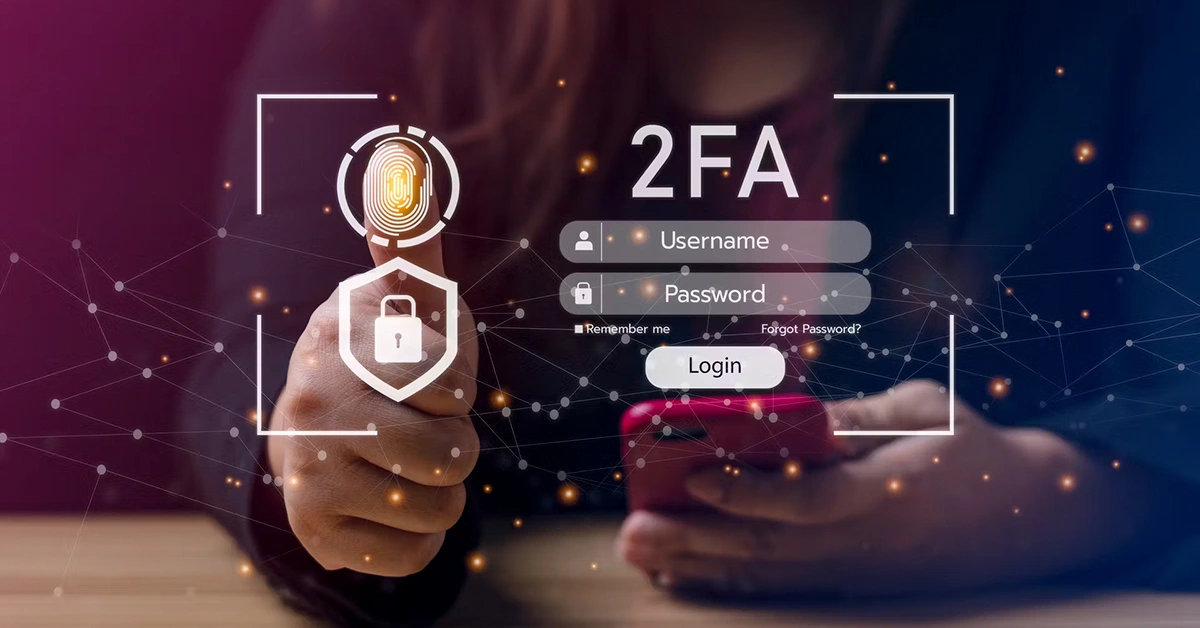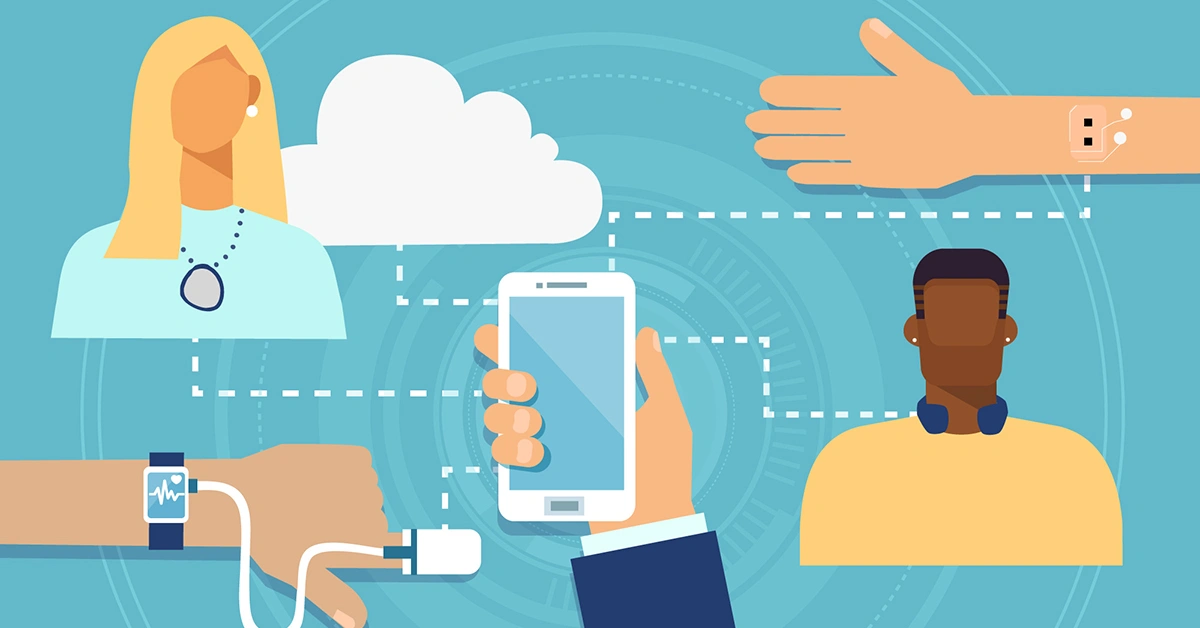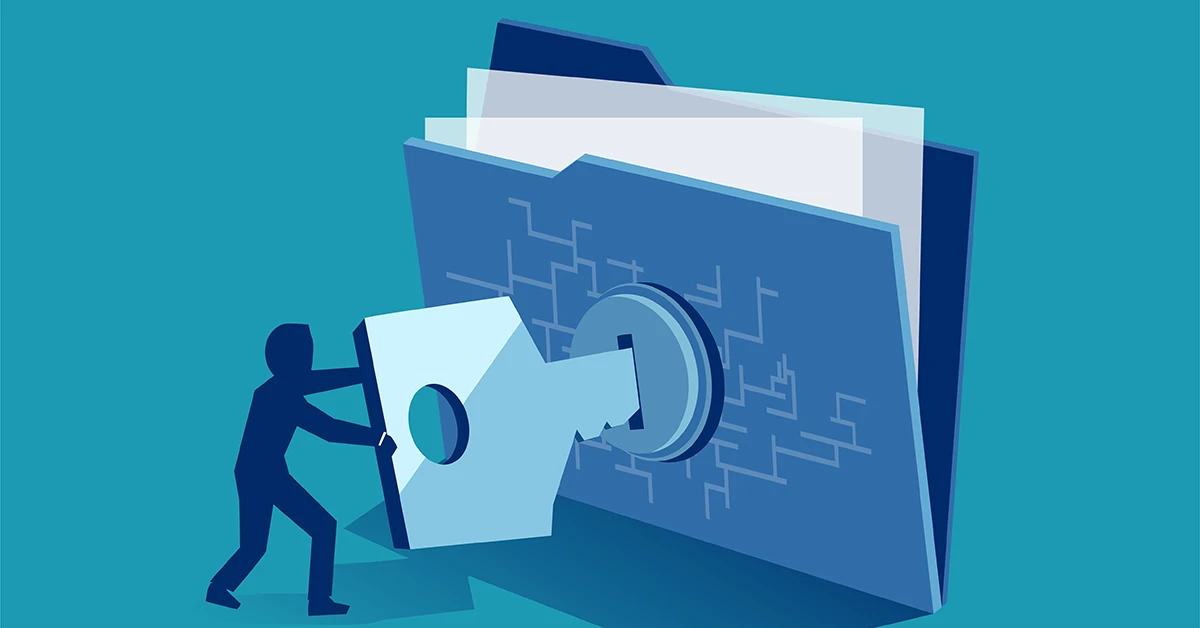In an era where cyber threats are constantly evolving, businesses can no longer afford to rely on outdated security measures to protect their sensitive data. With cybercriminals leveraging sophisticated attacks like phishing, credential stuffing, and brute force attempts, the need for strong authentication and password security has never been greater. This is where two key security tools—Two-Factor Authentication (2FA) and Password Managers—come into play.
Both 2FA and password managers are designed to fortify your business against unauthorized access, but they function in very different ways. While 2FA adds a layer of security by requiring a second verification step beyond just a password, password managers simplify and enhance password security by generating, storing, and auto-filling complex credentials. But which one is truly the best for your business? Should you prioritize convenience or layered security? Is one solution enough, or should they be used together? Interact with our Managed IT Services Provider in Nashville to choose the best for enhancing your business security.
In this blog, we will explore what is 2FA, what is password manager and the difference between 2FA and Password Managers and evaluate which option is best for enhancing your business’s security.
continue reading
In today’s digital era, healthcare organizations encounter significant challenges in safeguarding patient information while adhering to stringent regulatory requirements. Technology integration into healthcare has revolutionized patient care by enhancing efficiency, accuracy, and accessibility. However, this transformation has also introduced vulnerabilities, making healthcare organizations prime cyberattack targets.
Robust healthcare cybersecurity and compliance services are paramount. Cybersecurity in healthcare is crucial not only for data protection but also for maintaining the trust and safety of patients. Breaches in healthcare systems can result in identity theft, financial loss, and compromised patient safety. With the increasing sophistication of cyber threats, including ransomware, phishing, and data breaches, healthcare providers must adopt a proactive and comprehensive approach to cybersecurity. Interact with our IT Support Provider in Nashville to harness the power of cybersecurity and compliance for the healthcare industry.
In this article, we will explore what is healthcare cybersecurity and compliance and the importance of cybersecurity and compliance for healthcare.
continue reading
For small business owners, understanding the potential of wearable tech can lead to smarter decision-making and improved operations. Here are the top five most useful examples of wearable tech that can make a significant impact:
In today’s rapidly evolving digital landscape, cybersecurity threats consistently grow in sophistication and prevalence, demanding that organizations remain unwaveringly vigilant and proactive. One of the most formidable threats in the cybersecurity realm is the zero-day vulnerability. These vulnerabilities are exceptionally hazardous as they elude detection by software vendors and the security community, thus leaving systems vulnerable to attacks until a remedy is conceived and implemented.
A zero-day vulnerability is a severe weakness in a system that cybercriminals often exploit before the vendor or security researchers discover it. This makes zero-day vulnerabilities a significant concern for IT professionals and cybersecurity teams. By partnering with our Managed IT Services Provider in Nashville, Attackers have a broad window of opportunity, from when the vulnerability is exploited until a patch is available and applied.
In this blog, we will explore what is zero-day vulnerability, how to handle zero day vulnerability and the essential steps and best practices for managing zero-day vulnerabilities.





